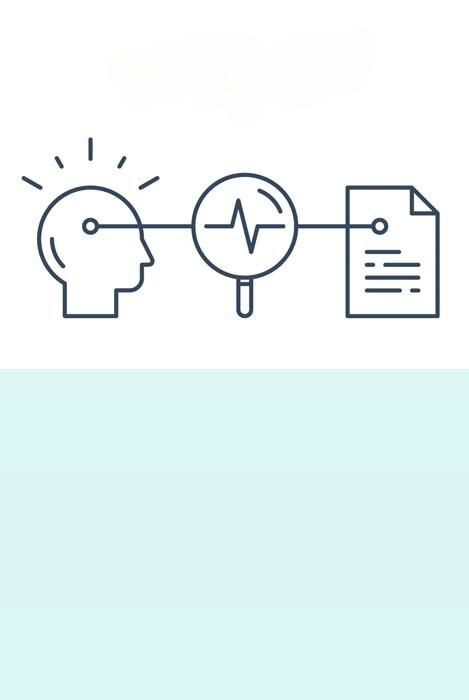EFFECTIVENESS AND EFFICIENCY OF BRIEF STRATEGIC THERAPY: A COMPARISON OF IN-PERSON, ONLINE, AND HYBRID TREATMENT DELIVERY MODALITIES

Autore:
Jackson, J. B., Pakrosnis, R., Vitry, G., Harrison, Z., Gibson, P., Portelli, C., Papantuono, M., Monson, C., & Kearon, E.
Anno:
2025
Editore:
Society for Psychotherapy Research Annual Conference, Krakow, Poland. [Paper presentation]
Collana:
The integration of digital technology into the healthcare sector has led to groundbreaking advancements, particularly within the realm of mental health. Online therapy, initially met with skepticism, has emerged post-COVID-19 pandemic as a focal point of clinical research and practice. Several meta-analyses have concluded there are no significant differences in clinical outcomes between online therapy and in-person therapy, with few exceptions. Brief Strategic Therapy (BST) has been shown to be effective and efficient in reducing presenting problem severity and improving wellbeing when delivered in person. Research was conducted to determine whether BST remains effective and efficient when delivered online or hybrid (in-person and online). We used a naturalistic pretest-posttest intent-to-treat design. Participants were 1,933 clients in France and Italy seen across 18 Systemic Practice Research Network therapists for a variety of presenting problems. There were no participant pretreatment between-modality differences on the assessment instruments (i.e., problem resolution, psychological impairment, general well-being, and therapeutic alliance). Overall, BST was generally equally effective and efficient regardless of modality in terms of problem resolution, psychological impairment, general well-being, and therapeutic alliance. In-person modality clients reported a slightly larger increase in general well-being than hybrid modality clients. Based on these findings, BST is generally as effective and efficient reguardless of treatment delivery modality.
